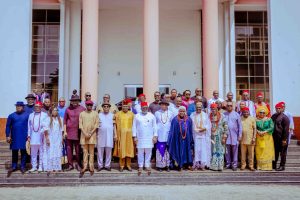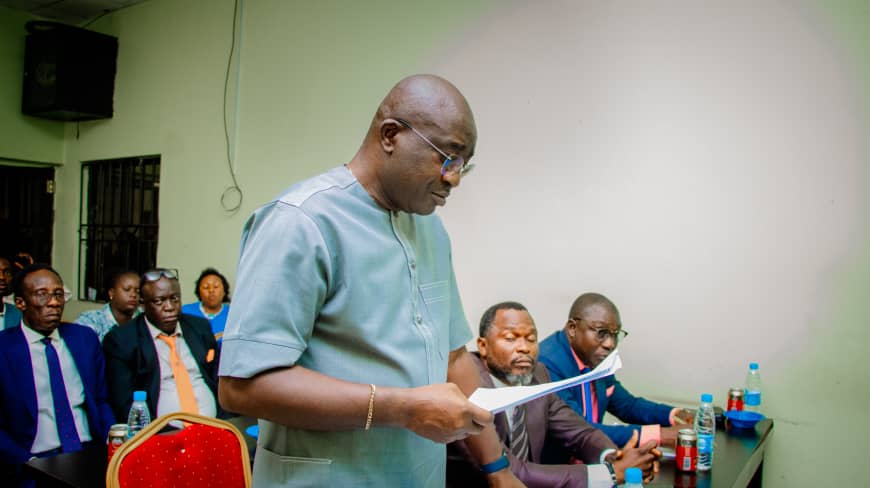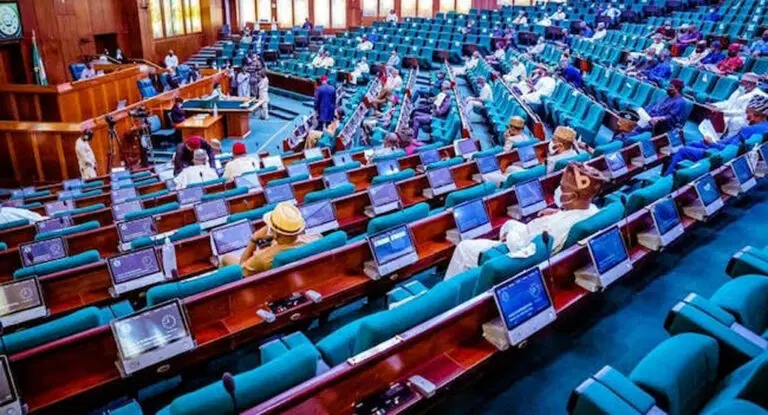The Director-General of the Budget Office of the Federation, Dr. Tanimu Yakubu, has clarified the controversy surrounding the citing and distribution of federal government projects across the country, following claims that Lagos State alone had cornered a disproportionate share of President Bola Tinubu’s approvals.
Yakubu, in a statement titled “Northwest: The Lion’s Share of Tinubu’s Projects”, dismissed the narrative that Lagos received N3.9 trillion worth of projects, describing it as misleading and politically motivated.
According to him, a breakdown of the figures shows that only N1.2 trillion were Lagos-specific projects, such as airport fencing, Carter Bridge rehabilitation, and other localized upgrades.
The remaining N2.7 trillion, he explained, are national infrastructure projects, particularly highways and transport corridors that pass through Lagos but serve the entire federation.
“By that logic, the Kano–Maiduguri expressway could just as easily be called a Maiduguri-only project. Such sleight of hand ignores a central truth: these are not local trophies. They are the arteries of a national economy,” Yakubu said.
Contrary to the viral claims, Yakubu disclosed that the North West region is the single largest beneficiary of President Tinubu’s federal project approvals.
He provided the regional distribution of projects as follows: North West: N5.97 trillion (over 40% of all approvals); South South: N2.41 trillion; North Central: N1.13 trillion; South East: N407 billion; North East: N400 billion; South West (excluding Lagos): N604 billion and Lagos (exclusive projects): N1.2 trillion.
Yakubu noted that the figures leave no doubt that the North West, and not Lagos, holds the lion’s share of projects under the Tinubu administration.
The Budget Office DG urged Nigerians to stop viewing infrastructure as sectional “trophies” or “rewards” for regions, insisting that roads, railways, and power plants are national assets designed to connect Nigeria’s economy and people.
“The farmer in Katsina needs a market in Lagos. The trader in Aba depends on goods flowing through Kano. The student in Sokoto requires the national grid as much as her counterpart in Port Harcourt. Federal projects must be understood as national investments designed to connect Nigeria to itself, and ultimately to the world,” he explained.
Yakubu noted that the president has not forgotten the pivotal role of the North West in his election and has responded with deliberate investments in the region.
He pointed to the revival of the long-abandoned Kaduna Power Plant (255MW), the ongoing Kaduna–Kano expressway, the Kano–Maiduguri highway, the Sokoto–Illela corridor, and new investments in education and security infrastructure as evidence of the administration’s commitment to the region.
“These are not footnotes,” Yakubu said. “They are the backbone of a deliberate Northwest-first investment strategy—kilometre by kilometre, megawatt by megawatt.”
Looking ahead, he disclosed plans for the ambitious Tinubu National Beltway Project, an L-shaped corridor that will link Calabar in the South South to Maiduguri in the North East, and then across to Sokoto in the North West.
The project, when completed, will redraw Nigeria’s infrastructural map, connecting four regions through modern highways, economic corridors, and logistics hubs. It is expected to reduce logistics costs, improve connectivity, boost market access, and stimulate wealth creation across the country.
Yakubu warned against what he called attempts to use “viral infographics” to create regional division. He said such tactics amount to political blackmail and ignore the national vision behind the projects.
“Lagos remains Nigeria’s commercial hub, rightly upgraded. The Northwest is Nigeria’s electoral fortress, richly rewarded. Every region receives its due, because Tinubu budgets for one economy, one country, one people,” he said.
The DG concluded that history will judge the Tinubu administration not by controversial graphics but by tangible results such as power plants restored, new schools and hospitals constructed, and farmers and traders gaining wider access to markets.
“President Bola Ahmed Tinubu has not marginalized the North. He has trusted it, invested in it, and rewarded it. That is the record. That is the fact. That is the truth. And no infographic, however deceptive, can bury it,” Yakubu insisted.
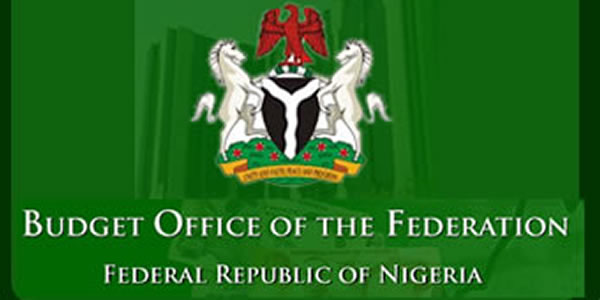

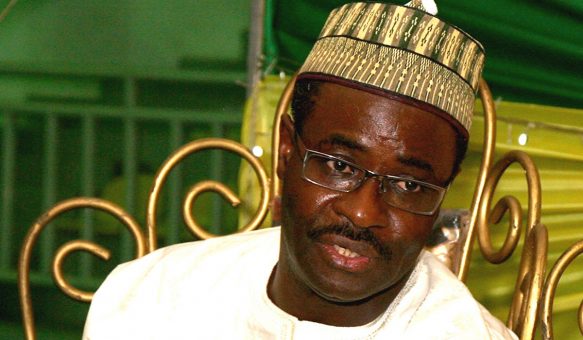
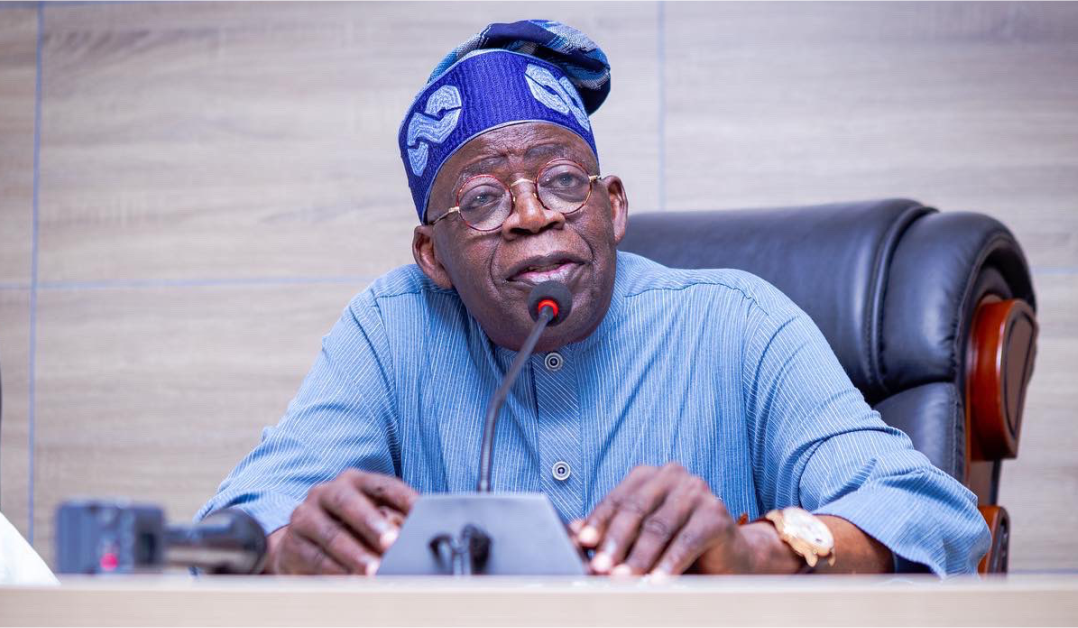
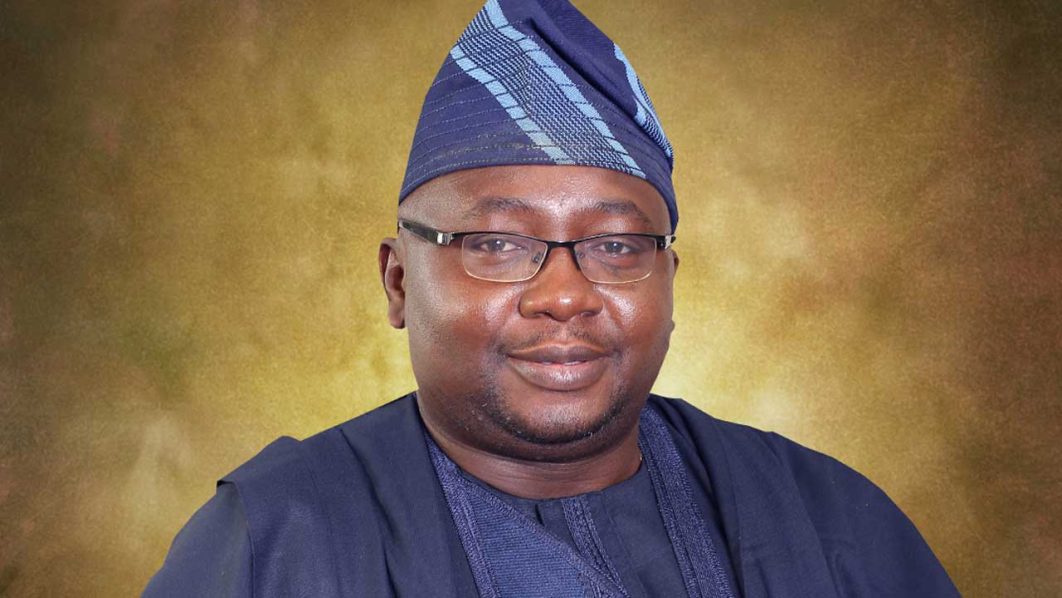

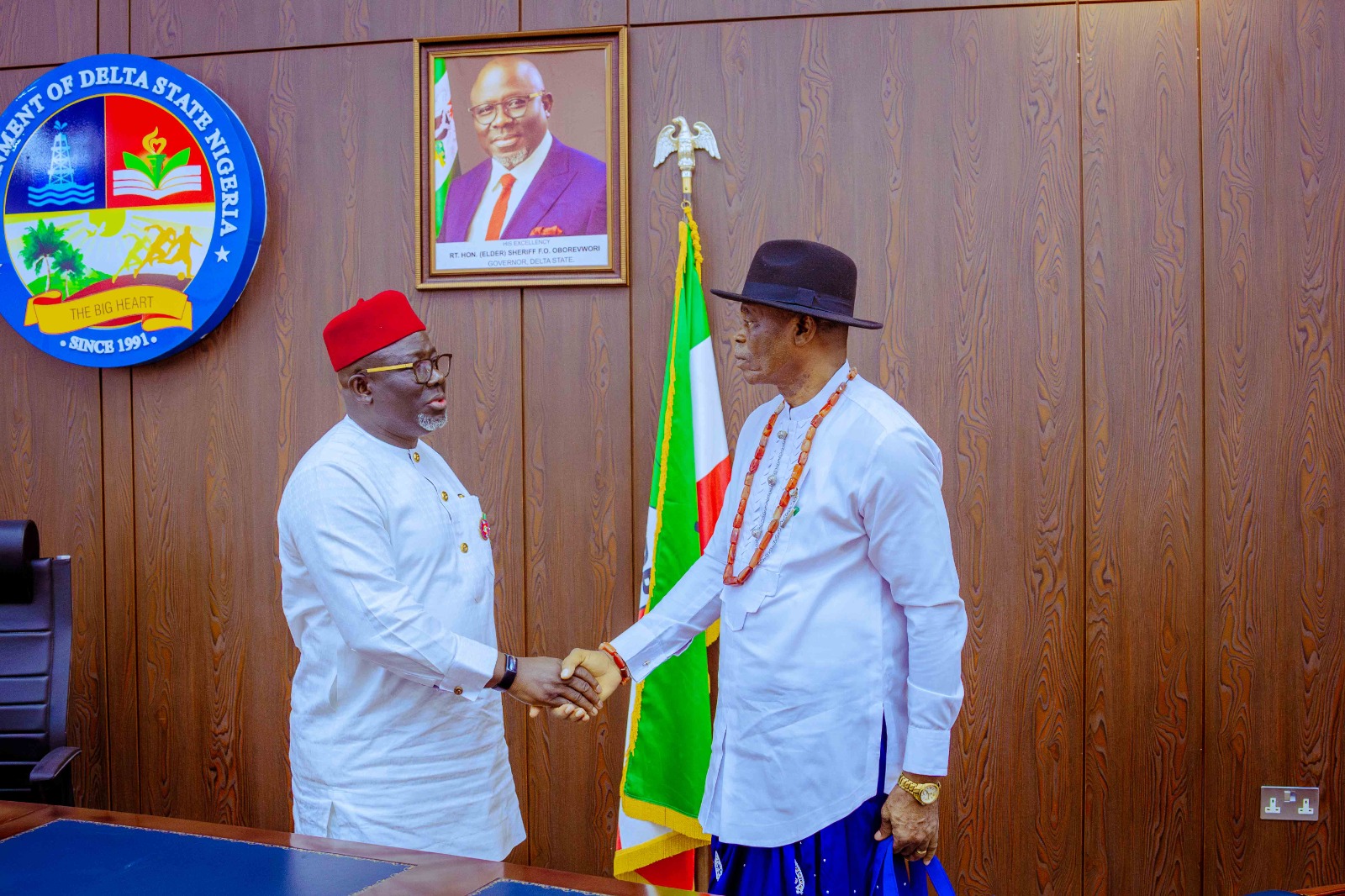
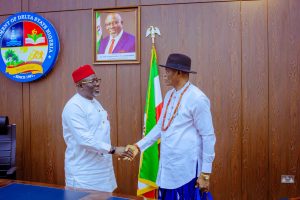 Delta State Governor, Rt. Hon. Sheriff Oborevwori, Thursday, assured Deltans of enhanced development in the coming fiscal year 2025 with the budgetary provision of N50 billion for road infrastructure in the 25 Local Government Areas of the state.
Delta State Governor, Rt. Hon. Sheriff Oborevwori, Thursday, assured Deltans of enhanced development in the coming fiscal year 2025 with the budgetary provision of N50 billion for road infrastructure in the 25 Local Government Areas of the state.